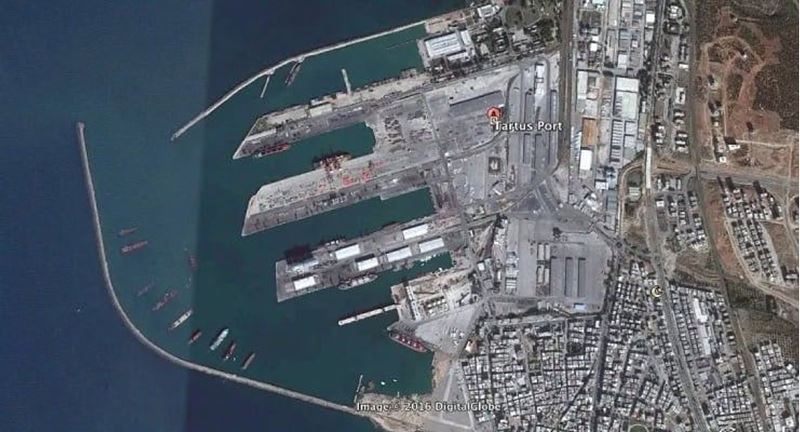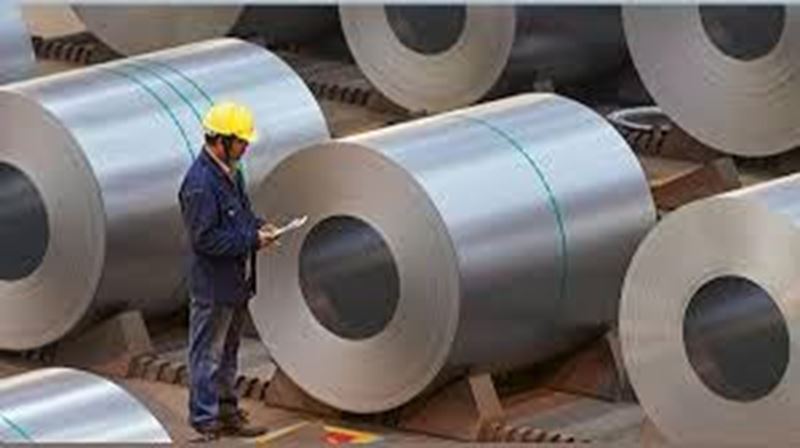The new measures include the removal of the No Objection Certificate (NOC) requirement for steel grades falling outside the scope of the Quality Control Order (QCO), the extension of several exemptions until March 2026, and the introduction of a simplified registration platform under the SIMS framework.
In its statement on Thursday, the Ministry emphasized that these steps were taken in line with the recommendations of the High-Level Committee on Non-Fiscal Regulatory Reforms. Accordingly, all steel grades no longer covered by the QCO have now been fully integrated into the SIMS portal. This integration enables importers to generate registration numbers directly through SIMS without requiring prior Ministry approval.
Exemption deadlines extended to March 2026
One of the key elements of the reform package is the restructuring of previously time-limited exemptions. The Ministry extended QCO-related exemptions for certain steel products under Chapter 73 until 31 March 2026. Under the new regulation, all imports with a shipment date on or before 31 March 2026 will qualify for these exemptions. This extension moves the previous deadline of 31 October 2025 forward, addressing industry requests.
Similarly, exemptions applicable to three Indian Standards—IS 6911, IS 5522 and IS 15997—related to flat products made from 200 and 300 series stainless steel have also been revised. These exemptions, originally set to expire on 31 December 2025, have been broadened to include shipments loaded on or before 31 March 2026.
SARAL SIMS offers simplified registration for SMEs
To improve speed and transparency within import procedures, the Ministry launched a simplified registration module under the Steel Import Monitoring System, named SARAL SIMS. This system is expected to ease the bureaucratic burden particularly for SMEs during the registration process.
The Ministry stated that the new measures aim to reduce administrative barriers in India’s steel trade, accelerating the flow of supply chains. It emphasized that the reforms will provide a more predictable and flexible process for both domestic producers and importers.










Comments
No comment yet.